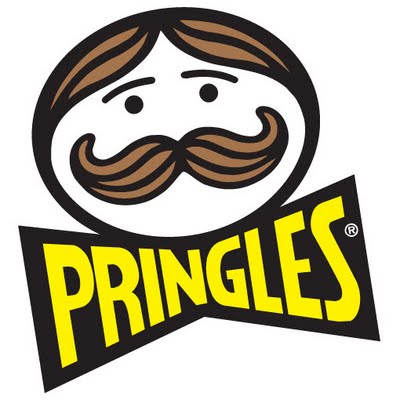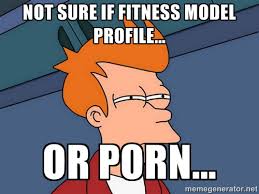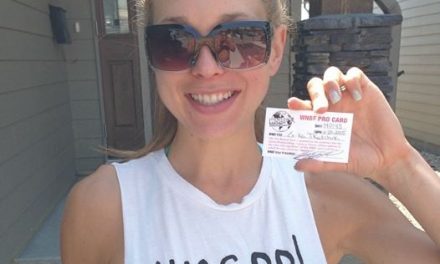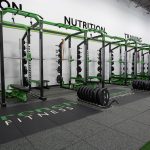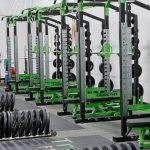Tracking your weight, calorie intake, and exercise levels will make you a more successful dieter. “What gets measured, gets managed.” Peter Drucker, management consultant and author.
It’s hard to find something that quote doesn’t apply to.
If you want to improve on something, you need to track your progress, and the behaviors that cause progress. Researchers call this “self-monitoring” — the process of tracking and analyzing your thoughts and actions to become more aware of how they impact your goals. However, if most of your day is spent thinking about what you just ate or what you’re going to eat next, the possible roots of your obsession may surprise you. It sure surprised me…
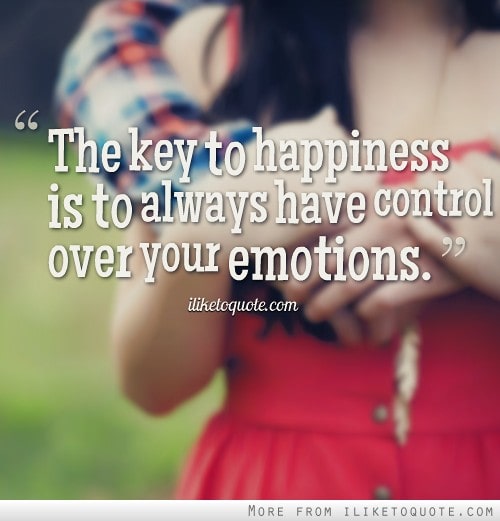 If you want to improve on something, you need to track your progress, and the behaviors that cause progress. Researchers call this “self-monitoring” — the process of tracking and analyzing your thoughts and actions to become more aware of how they impact your goals. A goal that about 30-60% of people share is weight loss. If you’re reading this article, it’s safe to assume that you’re probably one of them. You’re in the right place.
If you want to improve on something, you need to track your progress, and the behaviors that cause progress. Researchers call this “self-monitoring” — the process of tracking and analyzing your thoughts and actions to become more aware of how they impact your goals. A goal that about 30-60% of people share is weight loss. If you’re reading this article, it’s safe to assume that you’re probably one of them. You’re in the right place.
If you want to manage your weight, you need to measure your weight. You also need to measure the two things that control your weight — your eating and exercise habits.
Self monitoring isn’t magic. You still have to create and maintain a caloric deficit to lose weight. However, self tracking makes this easier. There are numerous benefits to tracking and recording your food intake. I am a huge advocate for self regulation as I feel it empowers people to make educated food choices based on their likes / dislikes and their goals.
But what about when food tracking becomes obsessive? Where is the line between healthy auto regulation and obsessive compulsive disordered eating? Allow me to explain… I began my contest prep on November 1st 2013. I won my pro card at the INBF Winnipeg Show and set my eye on the next target – the pro stage. I continued dieting after my pro win so I could compete in a tour of pro shows, in the fall of 2014 with the Monkey Husband. When the competition season came to a close so did my over 1 FULL YEAR, 100% accurate diet. I began my reverse diet right after Worlds. Reverse dieting has never been an issue for me — I mean how cool is it to eat over 2,500 calories a day, reclaim my strength in the gym and look uber feminine again?
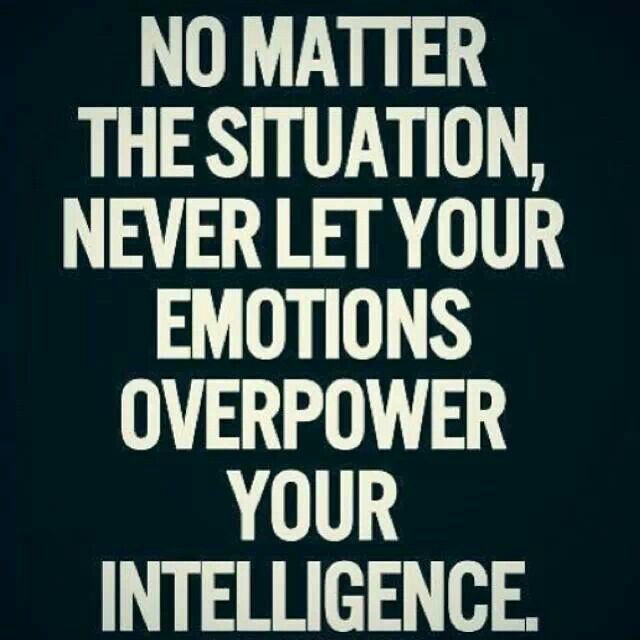
Reverse dieting is a great way to add in calories slowly after a prolonged period of dieting, but reverse dieting, just like fat loss dieting, can become consuming. Obsessive eating even if its in a caloric surplus is still unhealthy.
Most of the time, obsessive behavior and compulsive thinking about food have nothing to do with food. They have everything to do with your self-image. It’s just that the battlefield you’ve chosen is food. It’s where you’ve chosen to exercise tight control in hopes that none of your underlying fears and emotions will creep up on you. This can be a fear of weight gain, losing progress or even losing control. For me personally I stuck to my rigid reverse diet because I was afraid loosely tracking or eating intuitively would lead me down candy cane lane and into a sugar coma.
People often use food as a control mechanism. Having an obsession with food and controlling your intake of it can be a substitute for having command over what you really want to control: how you feel about yourself. Self regulation as mentioned previously is very empowering. You are able to control your food choices, portion sizes and eating times. You are in control of how you look and how you feel. Oh baby, control, my secret kryptonite.
Ask yourself what would happen if you didn’t focus on food so much and let go of the control. Do you fear you’d be a worthless human being? What if you said, “My body image is independent of my self-image. If I am a good, caring and loving person and an honest, responsible citizen, it doesn’t matter how much I weigh”? You may want to weigh less and that’s OK. But weight and self-image are not the same thing.
Know that you can unlearn this behavior. Everybody has a definition of success. If your definition of success is to have hyper-control of food intake, it’s the wrong definition. You need to change your definition.
When discussing food obsession, I believe it’s important to note that one of the biggest problems with weight loss programs today is that they are highly focused on food. Many popular programs incorporate a regimented diet in which people have to weigh food and count calories, etc. People often go on a diet because they don’t want to eat as much but the structure of the diet requires them to spend their entire day focused on food, which only exacerbates the problem.
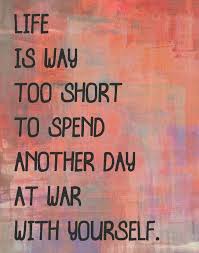
Understand that ending obsessive behavior with food sometimes isn’t the answer to the problem because it doesn’t deal with the root of the problem: internal dialogue that says you’re a bad person if you don’t weigh a certain amount. You need to change your internal dialogue. Every day I have to work on silencing this internal dialogue. Right now my goal is to eat adequate calories to fuel my training and my active life. I am not looking to lose weight therefore weighing my lettuce to the exact gram is not imperative. Sure if I have access to a food scale I will continue to weigh and track my food but if I eat a carrot off a veggie try at Sunday supper life isn’t over… If I give Monkey a bit of my snack my gains wont be lost… This is going to be a major undertaking for me personally but I want to find the line between self monitoring and obsessive compulsive.
With love from the Trench Kitchen,
xoxoErika♥

